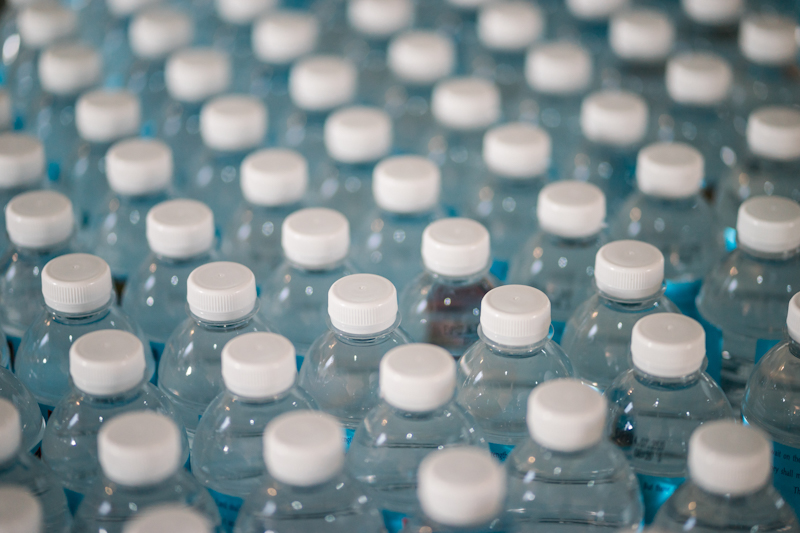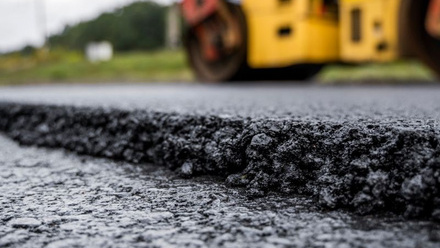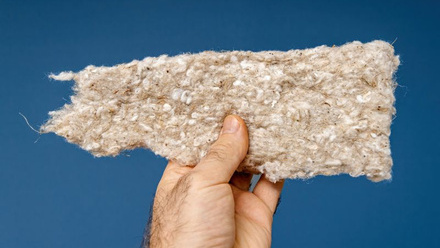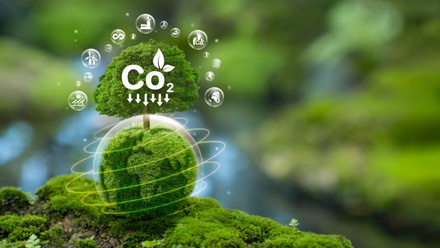Scientists enhance recyclability of waste plastic
US iCOUP method turns plastic jugs and packaging into fully recyclable and potentially biodegradable materials.

Using a catalytic approach, Institute for Cooperative Upcycling of Plastics (iCOUP) scientists from US Department of Energy’s (DOE’s) Argonne National Laboratory and Cornell University say they have transformed waste high-density polyethylene (HDPE) plastic into a new material that can be recycled repeatedly without loss of quality.
The team’s approach converts used HDPE into a fully recyclable and, they claim potentially biodegradable material with the same mechanical and thermal properties of the starting single-use plastic.
The team’s new approach uses a series of catalysts to break the HDPE polymer chains into shorter pieces that contain reactive groups of atoms at the ends. Those pieces can then be put back together, or repolymerised, to form new plastic products.
They claim the reactive end groups have the added benefit of making the new plastic easier to decompose, both in the lab and potentially in nature.
The first round of catalysis was performed on used HDPE products, including water jugs and packaging.
When the Cornell team originally repolymerised the catalysed material, it was much more brittle than the starting HDPE. They then fine-tuned the catalysts to break up the polymer chains in a way that provides a controlled amount of branching when the material is repolymerised. This approach resulted in a material with the same properties as the starting HDPE and greater recyclability.
Future work will focus on assessing the biodegradability of the new material and reducing the amount of valuable metal used for the catalyst to reduce the overall recycling cost. The team hopes to apply their strategy to other common plastics.







